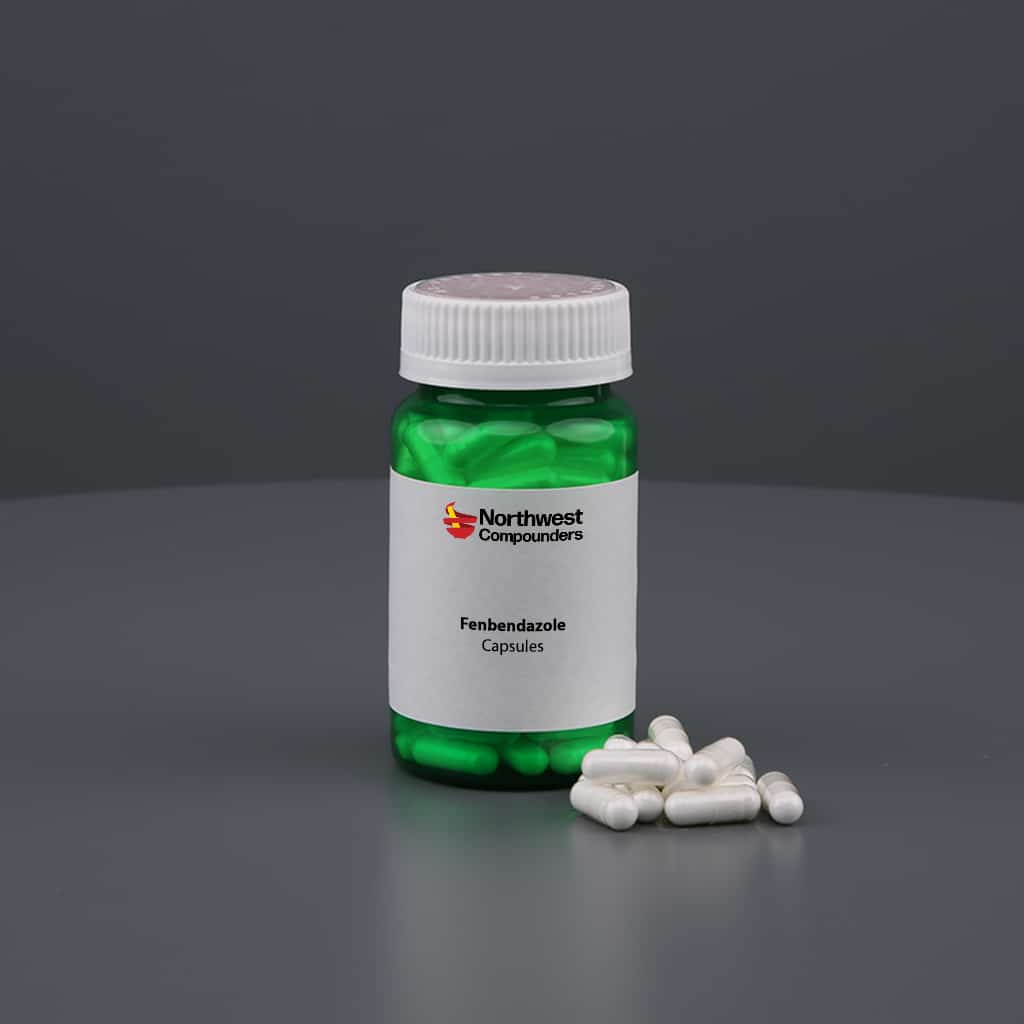fenbendazole capsules: Emerging Studies and Potential Applications
Wiki Article
Recognizing the Perks and Uses of Fenbendazole in Veterinary Medication
Fenbendazole has established itself as a crucial anthelmintic in veterinary medication. Its capability to target numerous parasitical infections makes it a useful tool for veterinarians. The drug's system disrupts crucial cellular procedures in parasites, causing efficient therapy outcomes. Nonetheless, its safety and security profile differs in between species, requiring mindful factor to consider in its use. Comprehending these dynamics can drop light on fenbendazole's more comprehensive effects in veterinary care and recurring research right into its potential beyond conventional applicationsDevice of Activity of Fenbendazole

Usual Parasitic Infections Dealt With With Fenbendazole
A range of parasitical infections are successfully treated with fenbendazole, making it a versatile option in vet medicine. This anthelmintic representative is specifically effective against nematodes, consisting of roundworms and hookworms, which frequently impact canines and cats. It is likewise used for the therapy of cestodes, such as tapeworms, providing a broad spectrum of action versus both sorts of intestinal parasites. In addition, fenbendazole is advantageous in handling infections triggered by protozoa, particularly Giardia, which can cause intestinal distress in animals. Its efficacy includes dealing with certain lungworms in canines and felines, addressing respiratory wellness concerns linked to these bloodsuckers. On the whole, fenbendazole's capability to target multiple parasitic varieties makes it a beneficial device in veterinary technique, ensuring the health and wellness and wellness of pets affected by these typical infections.Safety and security and Effectiveness in Different Pet Variety
The safety and security and effectiveness of fenbendazole vary amongst different animal types, highlighting the significance of species-specific considerations in vet medication. In pooches, fenbendazole is typically well-tolerated and efficient versus an array of stomach bloodsuckers, consisting of roundworms and hookworms. For felines, nevertheless, its use is less typical and may call for careful application because of potential adverse reactions.In livestock, such as livestock and sheep, fenbendazole shows performance versus numerous endoparasites, adding to boosted Learn More Here wellness and efficiency. However, the pharmacokinetics and prospective side results can differ considerably in between types, requiring mindful evaluation by veterinarians.
Equines likewise respond positively to fenbendazole, especially for treating strongyles and ascarids, though dose and administration courses must be customized to their special physiology. Recognizing these differences is essential for optimizing therapy results and making sure animal well-being throughout diverse species.
Administration and Dose Standards
Correct administration and dosage standards are important for making best use of the therapeutic impacts of fenbendazole while decreasing prospective side effects. The dosage usually varies depending on the species being dealt with, the specific problem, and the formulation of fenbendazole used. fenbendazole capsules. For pets and felines, an usual dose is 50 mg/kg body weight, administered when daily for three consecutive days, however vets may change this based on individual wellness evaluationsIt is very important to administer fenbendazole with food to enhance absorption and reduce gastrointestinal distress. The medication is available in different types, consisting pop over to this web-site of granules and paste, enabling flexible management options. Checking the animal's response during and after therapy is suggested to verify efficacy and security. Furthermore, veterinary guidance is essential to figure out the ideal duration of therapy based upon the sort of parasitical infection being addressed, guaranteeing suitable results for the animal's health and wellness.
Future Point Of Views and Research Study on Fenbendazole
Research on fenbendazole continues to evolve, concentrating on its prospective applications past standard antiparasitic usages. Current research studies have discovered its efficiency in dealing with various types of cancer cells, specifically in vet oncology. Preliminary information suggest that fenbendazole might hinder the development of lump cells and boost the impacts of other chemotherapeutic agents.Furthermore, researchers are investigating its duty in handling stomach conditions in pets, highlighting its anti-inflammatory properties. The versatility of fenbendazole more helpful hints for various types increases concerns concerning its safety profiles and perfect dosing routines in varied populaces.
As interest grows, there is a requirement for detailed medical tests to develop evidence-based standards for these unique applications. Future study may additionally explore the devices behind fenbendazole's results, possibly leading the means for cutting-edge restorative methods in vet medicine. The continuous exploration of fenbendazole could considerably enhance treatment choices for various vet conditions.

Regularly Asked Questions
Is Fenbendazole Safe for Pregnant Animals?
The safety of fenbendazole for expecting pets continues to be unpredictable. While some researches recommend minimal danger, vets generally suggest care and often discourage its use while pregnant unless the advantages plainly outweigh potential threats.Can Fenbendazole Be Utilized in Animals?
Fenbendazole is frequently used in livestock to deal with numerous parasitic infections. fenbendazole capsules. Its efficiency against stomach worms makes it a valuable anthelmintic, adding to improved health and wellness and productivity in animals elevated for food and fiberWhat Are the Side Impacts of Fenbendazole?

The negative effects of fenbendazole may include gastrointestinal disturbances, lethargy, and allergies. In uncommon situations, much more serious responses can take place, demanding careful monitoring and assessment with a veterinarian during treatment.
Exactly How Does Fenbendazole Contrast to Various Other Dewormers?
Fenbendazole supplies broad-spectrum effectiveness against various bloodsuckers, typically contrasting favorably to various other dewormers. Its unique device targets different life phases, making it reliable, while usually providing a positive safety and security account contrasted to alternatives readily available on the marketplace.Can Fenbendazole Be Used for Dealing With Cancer Cells in Pet Dogs?
The capacity of fenbendazole in treating cancer in pet dogs has actually gathered rate of interest. Preliminary research studies suggest it may inhibit cancer cell development, but better research is essential to confirm its effectiveness and safety and security in veterinary oncology.Report this wiki page